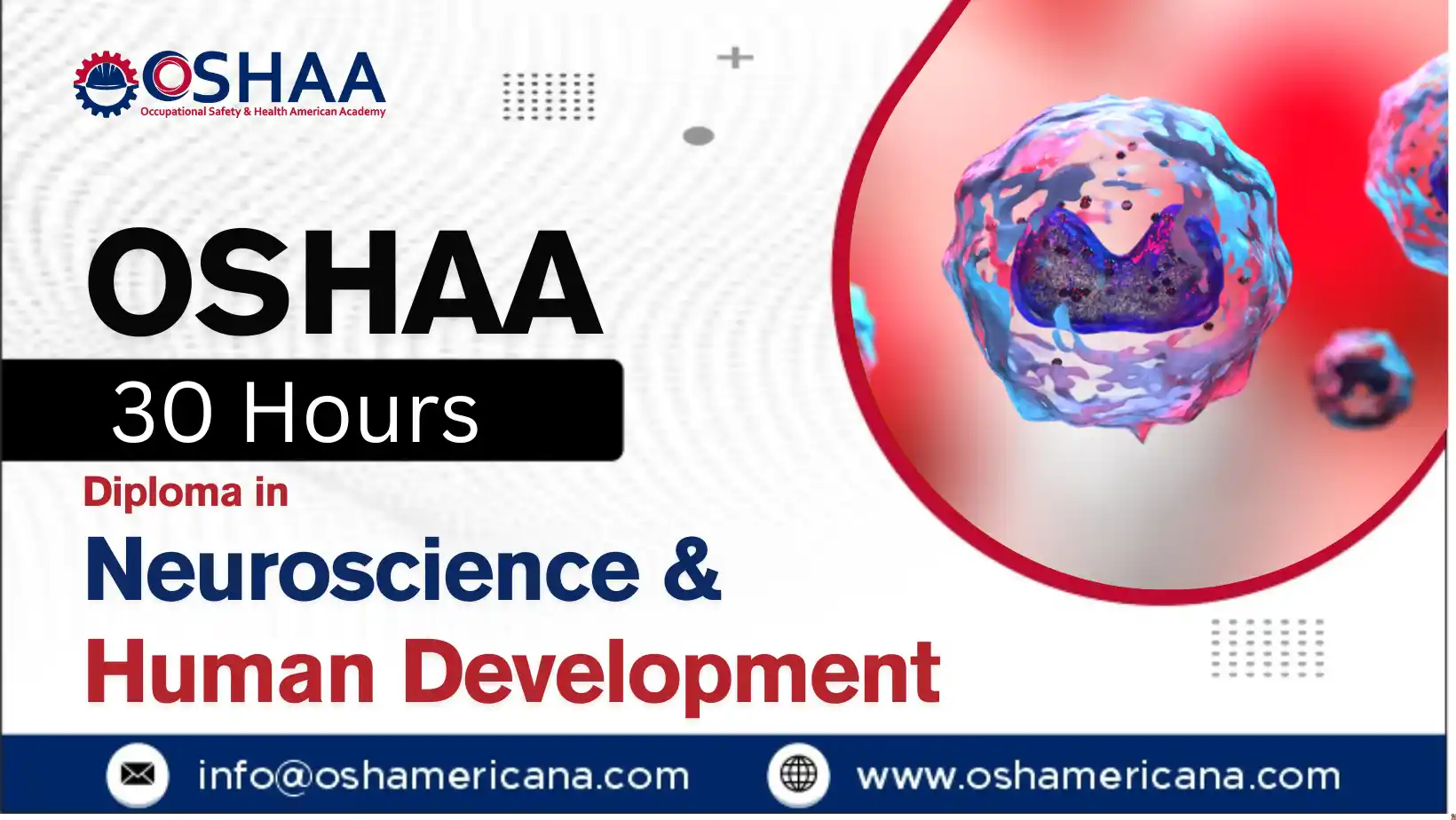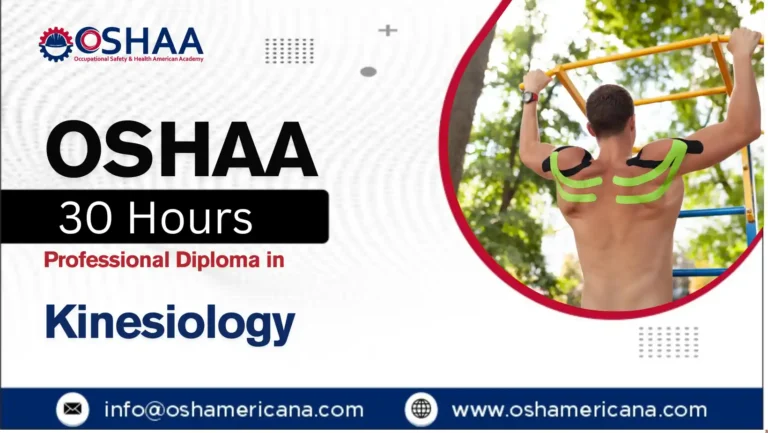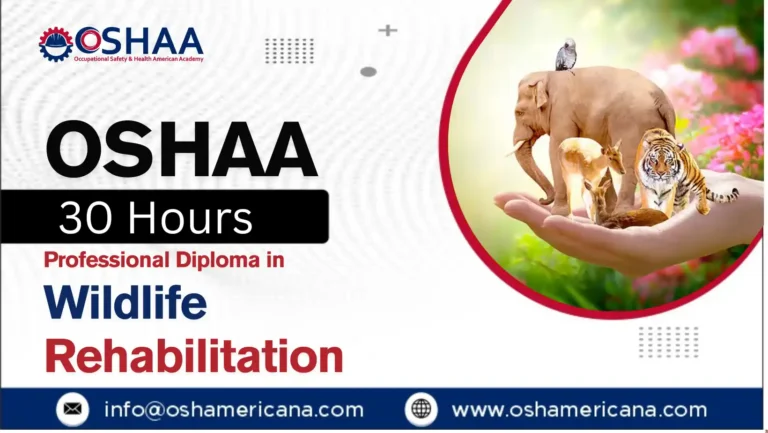Understanding how the human brain develops, adapts, and functions across the lifespan is essential in today’s interdisciplinary landscape of healthcare, education, and behavioural science. The OSHAA 30-Hours Professional Diploma in Neuroscience and Human Development offers participants a comprehensive introduction to the scientific principles that underpin brain function and human development. Designed with academic rigour and practical application in mind, this programme supports those working in fields that intersect with cognitive, emotional, and physiological development.
Neuroscience and human development are intrinsically linked, exploring how biological structures and psychological processes evolve from infancy to old age. This diploma equips participants with the knowledge to understand key neurological functions, developmental stages, and the factors that influence brain growth, learning, and behaviour.
With a curriculum that spans neuroanatomy, sensory and motor systems, cognitive development, and brain plasticity, participants will gain a structured understanding of both the scientific and applied aspects of neuroscience as it relates to human development.
The OSHAA 30-Hours Professional Diploma in Neuroscience and Human Development is a timely and impactful programme that bridges the gap between brain science and human development. By integrating foundational neuroscience with applied developmental theory, it prepares participants to think critically, act professionally, and engage meaningfully with the challenges and opportunities of their chosen fields. Whether for career advancement or personal enrichment, this diploma offers a well-rounded, scientifically grounded learning journey.
OSHAA 30-Hours Professional Diploma in Neuroscience and Human Development
Study Units
Learning Outcomes
Introduction to Neuroscience and Brain Anatomy (3 hours)
- Identify the major structures of the brain and central nervous system
- Understand the basic organisation of the brain and its functional regions
- Explain the role of the brainstem, cerebellum, cerebrum, and limbic system in behaviour and development
- Recognise the importance of neuroanatomy in understanding human function and development
Neural Communication and Neurotransmitter Systems (3 hours)
- Understand how neurons transmit signals through electrical and chemical processes
- Identify key neurotransmitters and their roles in brain function and behaviour
- Explain the synaptic transmission process and its relevance to cognitive and emotional processes
- Explore the impact of neurotransmitter imbalances on neurological and mental health conditions
Sensory Processing and Motor Control Mechanisms (6 hours)
- Understand how the brain receives and interprets sensory information
- Describe the role of the sensory systems in perception and environmental interaction
- Explain motor control and coordination mechanisms within the nervous system
- Explore the integration of sensory and motor systems in movement and balance
- Identify common sensory and motor dysfunctions and their developmental implications
Cognitive Development Across the Lifespan (4 hours)
- Examine major stages of cognitive development from infancy to late adulthood
- Understand key theories of cognitive development, including Piagetian and information-processing models
- Explore the role of brain maturation in learning, language, and decision-making
- Recognise how life experiences and environmental factors influence cognitive progression
Emotional Regulation and Brain Function (5 hours)
- Understand the neural basis of emotion and its regulation
- Identify the roles of the amygdala, prefrontal cortex, and limbic system in emotional responses
- Explore developmental changes in emotional control across different life stages
- Examine how emotional regulation affects social relationships, learning, and mental health
- Analyse the impact of trauma and stress on emotional development
Genetic and Environmental Influences on Brain Development (3 hours)
- Recognise the role of genes in guiding brain structure and function
- Understand how environmental factors such as nutrition, stimulation, and stress affect brain development
- Examine gene-environment interactions and their influence on neurological outcomes
- Explore the concept of epigenetics in developmental neuroscience
Neuroplasticity, Learning, and Memory Formation (4 hours)
- Understand the principles of neuroplasticity and its importance in learning and adaptation
- Explore how neural pathways are formed, strengthened, or weakened through experience
- Identify the stages and types of memory, and their neurological bases
- Examine how memory formation supports learning across developmental stages
Developmental Disorders and Neurological Conditions in Childhood (2 hours)
- Identify key neurological and developmental disorders, including ADHD, autism, and learning disabilities
- Understand the neurological mechanisms underlying these conditions
- Explore early signs, assessment techniques, and intervention strategies
- Examine the impact of developmental disorders on learning, behaviour, and social integration
Course Benefits – OSHAA 30-Hours Professional Diploma in Neuroscience and Human Development
- Develops a comprehensive understanding of the human brain and its role in behaviour, learning, and development across the lifespan
- Equips participants with scientific knowledge applicable to healthcare, education, mental health, and social services
- Enhances professional practice by integrating neuroscience with real-life developmental challenges and strategies
- Strengthens the ability to interpret cognitive, emotional, and behavioural changes through a neurological lens
- Supports evidence-based approaches in therapy, teaching, and care by grounding them in brain science
- Increases awareness of the impact of genetics, environment, and experience on brain development and function
- Prepares participants for further academic study or specialisation in neuroscience, psychology, or neurodevelopmental fields
- Builds a solid foundation for working with children, adolescents, and ageing populations in both clinical and non-clinical settings
- Improves critical thinking and analytical skills by applying neuroscience principles to real-world scenarios
- Offers a recognised credential that adds value to professional profiles in health, education, and human development sectors
This course is designed for participants seeking to deepen their understanding of how the brain influences human development, learning, and behaviour. It is especially suited for:
- Participants working in healthcare, mental health, education, or social services who want to apply neuroscience in their practice
- Those pursuing or planning to pursue careers in psychology, neuroeducation, counselling, or developmental support
- Professionals involved in early childhood development, special education, or behavioural intervention programmes
- Individuals interested in understanding the neurological basis of learning, memory, emotion, and developmental challenges
- Participants aiming to enhance their knowledge of brain function for personal development or professional advancement
- Those preparing for advanced study or research in neuroscience, cognitive development, or neurorehabilitation
The course is suitable for participants from both clinical and non-clinical backgrounds who wish to integrate neuroscience into their work with individuals across all stages of development.







